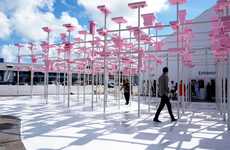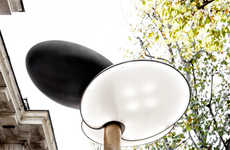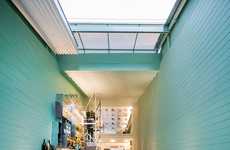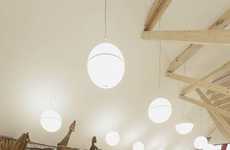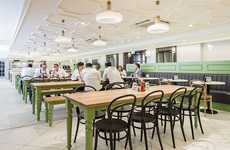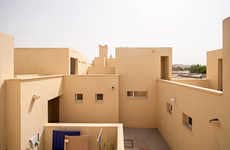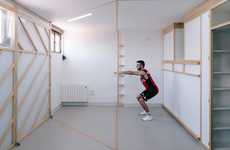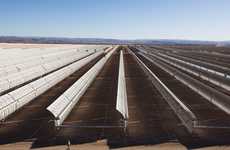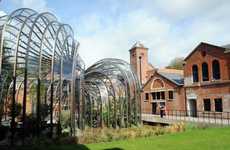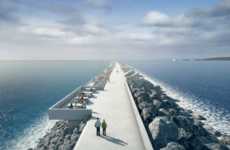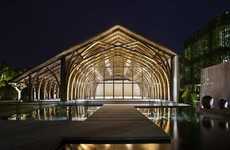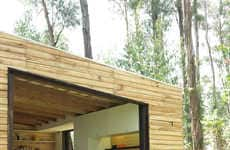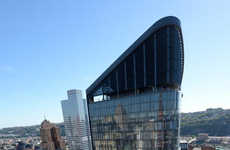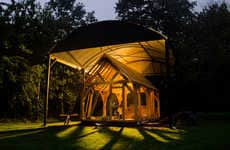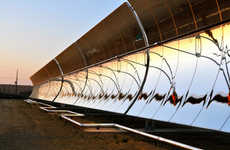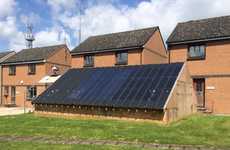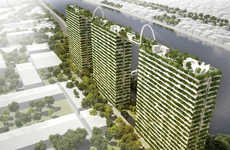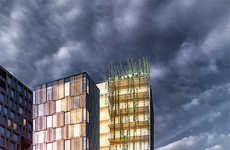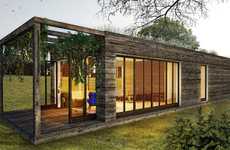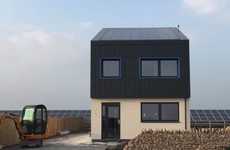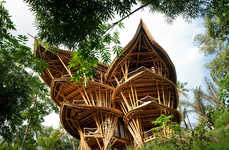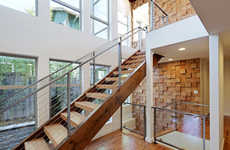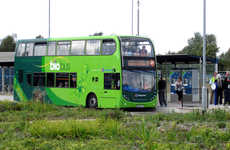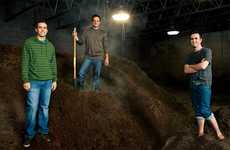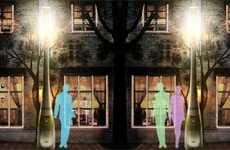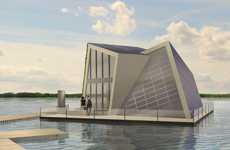
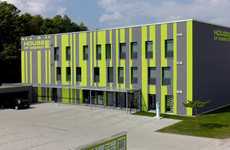
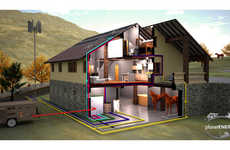
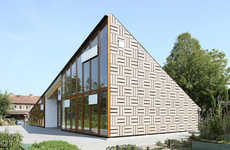
Designers consider alternative forms of energy for the sake of cost
Implications - As consumers become more conscious of their consumption, they increasingly consider certification when it comes to purchasing a home. Passively powered or energy-neutral residences are not only more socially responsible; they are also more cost-effective, and it is the reduced expenditure that is driving consumer interest in both clean energy services and eco design. The widespread adoption of new techniques in energy efficiency speak to the rising cost of living and maintenance.
Workshop Question - What barrier to entry does your consumer face and how can you ease that pressure?
Trend Themes
1. Passive Energy - The rising cost of living and maintenance is pushing consumers towards interest in new techniques in energy efficiency.
2. Waste Management Energy - A sustainable solution for dealing with waste is becoming necessary, leading designers to consider waste as a source of energy.
3. Self-sufficient Architecture - The need for energy efficient homes is becoming a necessary aspect pushing designers to create self-sufficient architecture.
Industry Implications
1. Renewable Energy Industry - The renewable energy industry is growing and is a place for innovation as consumers demand more efficient and cost-effective energy solutions.
2. Architectural Industry - The architectural industry can innovate by developing designs that are self-sufficient, energy efficient, carbon neutral and fit within sustainable development.
3. Waste Management Industry - The waste management industry can innovate by exploring new ways to turn waste into energy, converting sustainable materials and building sustainable business models.
4 Featured, 34 Examples:
182,787 Total Clicks
Date Range:
Nov 15 — Jan 16
Trending:
Warm
Consumer Insight Topics:
